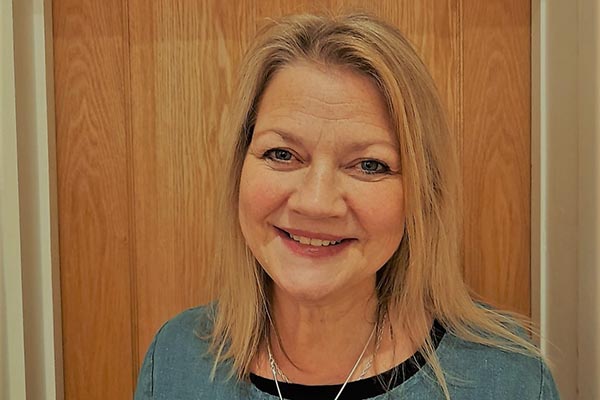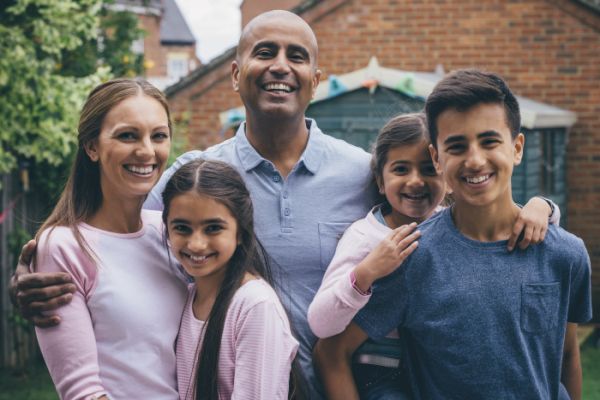In conversations about expanding provision of school counsellors to every school, I often come up against the same stumbling block – the question of money. Who is going to pay for this counselling provision? School budgets are increasingly squeezed and stretched, sometimes to breaking point. In these times of intense hardship the answer seems to point to securing a government commitment to setting up a new funding stream, specifically ring-fenced for school counselling provision.
But with numerous competing causes for new funding streams, why should the government agree to funding school counselling in particular? Maybe schools who have already invested in school-based counselling services are well-placed to answer this question. So, in light of my positive experience of growing a well-supported counselling service at my school, I thought I’d ask our previous Head, who had introduced counselling provision to the school, why he had decided to sign off on a budget for a school counselling service, and our current Chair of Governors, why 10 years on, school policy is still committed to funding school-based counselling. This is what they said:
Mr Roderick MacKinnon, Head of Bristol Grammar School, 2008-2018
"As our young negotiate the challenges of growing up, good teachers have always employed empathy, support, encouragement, guidance, etc, in a bid to build children’s confidence, resilience and wellbeing. Historically there were always individual cases where more was needed than the school could provide, in these situations we relied on access to expert professional support outside the school. Over the years, the number of children needing more help than teachers have traditionally been able to provide has grown, this means that we needed to both up-skill existing teaching and support staff in schools as well as increase the availability of expert, professional counselling for our pupils. While there will always be a need in some few instances to access expert support outside of school, today we need to have enhanced counselling provision within schools. So what to do in practice?
"In order to most successfully meet our full expectations for supporting student wellbeing, having a counsellor 'embedded' in the school staff team became an essential aspect of our staff structure. The full integration of a school-based counsellor into the school leadership and management systems, has the dual benefit of best meeting individual needs, in particularly challenging cases and enriching the culture of care and support for all within the school community in regard to mental health and wellbeing."
Romesh Vaitilingam, Chair of Governors, Bristol Grammar School
"When I was leading the search for a new head teacher for Bristol Grammar School following Rod MacKinnon’s retirement, I summarised my 'wish list' as someone who maintained the school’s high educational standards, who built on our efforts to widen access and engage with the local community, and who was fully on board with the agenda of promoting wellbeing and resilience in children and young people.
"As a result of the pandemic, school closures and the accompanying youth mental health crisis, that third objective has become more important than ever. That’s why the board of governors of BGS remains so committed to counselling provision at the school.
"As the happiness expert Richard Layard says of society’s preparations to ‘build back better’ after coronavirus, wellbeing should be made an explicit goal of every primary and secondary school – and that should include each of them having a school counsellor."
There are many other school leaders who can similarly attest to the benefits of having a school counsellor in their schools. If we listen to their experiences we realise that the time is right to act to ensure that we have a school counsellor in every school and help whole school communities come through both the everyday and the profound struggles of life in 2021 and beyond.
Read more...

This campaign sings to my heart as a school-based counsellor
Our member Niki Gibbs explains why she's so passionate about school counselling

School and college counselling expert reference group
This UK wide, expert by experience group is made up of practitioners from across the four nations who are interested in becoming more involved in our children, young people and families policy and campaign work.

Children, young people and families
Promoting the importance of early intervention and access to timely psychological therapies for children, young people and families is a priority for BACP.
Views expressed in this article are the views of the writer and not necessarily the views of BACP. Publication does not imply endorsement of the writer’s views. Reasonable care has been taken to avoid errors but no liability will be accepted for any errors that may occur.
